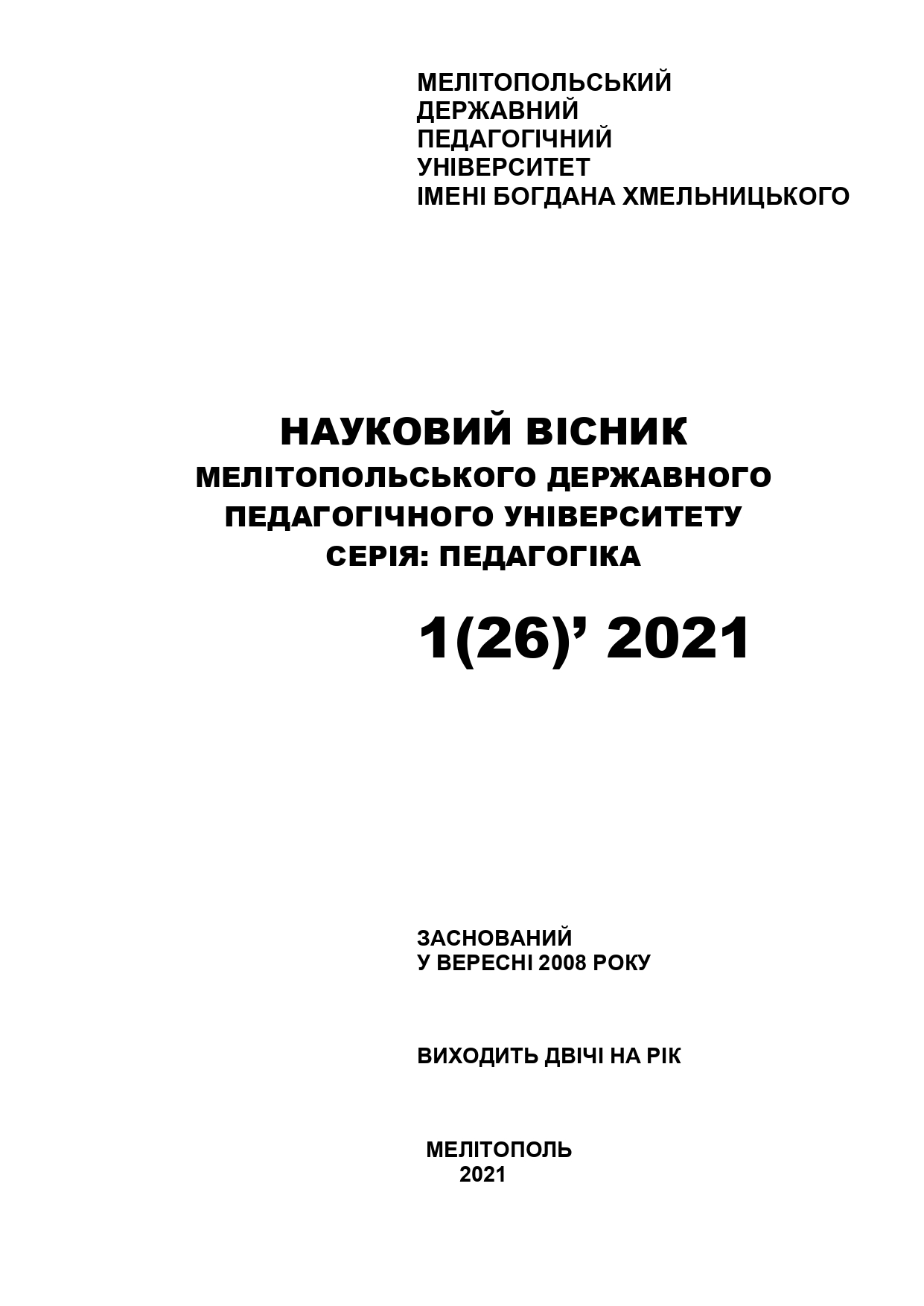Linguo-psychological aspect of intercultural communication
Abstract
The article is devoted to the study of the issue of preparing a person in the process of learning foreign languages for the intercultural communication and the influence of linguopsychological factors on this process. The main provisions and concepts of the theory of intercultural communication, the key place among which is occupied b culture, socialization, communication and their interaction are considered. The analysis of scientific sources reveals the relationship between language, speech and thinking, as well as their relationship with culture and reality. It is theoretically proved that the word reflects not the object of reality itself, but its vision, imposed on the native speaker by the idea, the concept of this object present in his consciousness. The undoubted close relationship and interdependence of language and thinking and their relationship with culture and reality are demonstrated. The psychological characteristics of language, speech and communication, which are formed in the subject-communicative activity of people, are given. The characteristics of the personality that contribute to the implementation of the process of effective foreign language interaction in the framework of intercultural communication are determined: the ability to predict the communicative situation; the ability to implement a communicative intention; the ability to analyze one’s own psychological potential and the potential of a partner; selfregulation skills in communication.




